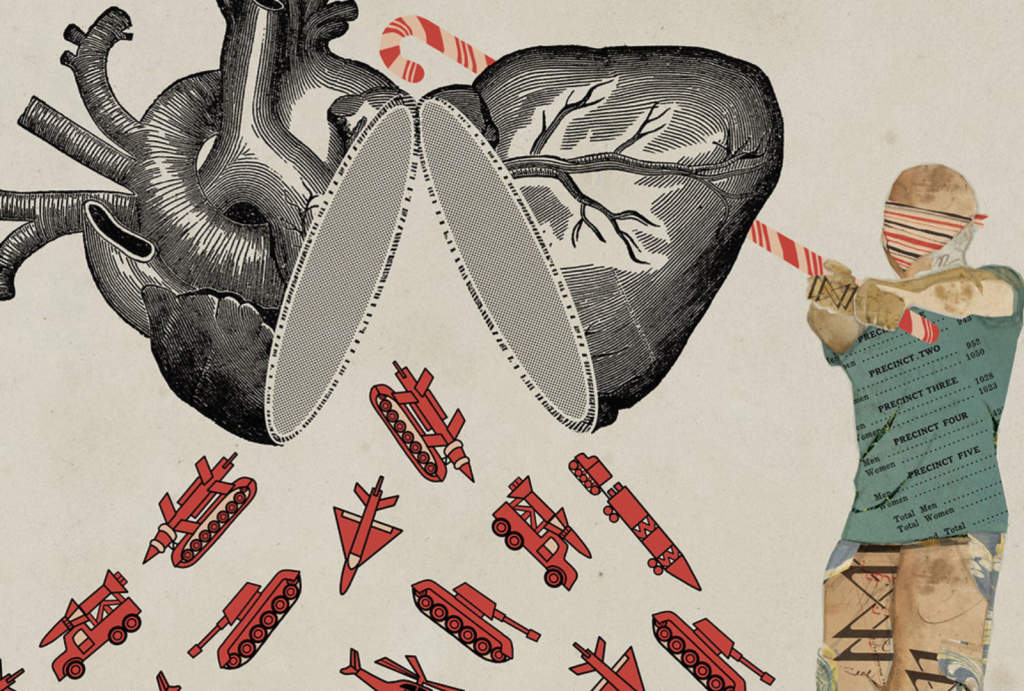
n a society that often encourages men to conceal their emotions, identifying signs of emotional damage can be a complex and nuanced task. This exploration delves into the challenges of recognizing and understanding emotional trauma in men, aiming to peel back the layers of stoicism and strength often used to mask inner pain. By shedding light on the manifestations of emotional damage, this guide empowers individuals to navigate complexities in relationships, fostering empathy and insight for healing. While the focus is on men in this article, a companion piece explores emotional damage in women, recognizing that both genders may harbor hidden wounds.
1. Difficulty in Expressing Emotions:
The journey of emotional healing intersects with a fear of intimacy and commitment. For emotionally damaged men, suppressing emotions becomes a defense mechanism against potential pain. This fear may manifest as difficulty in expressing emotions, necessitating understanding, empathy, and a willingness to explore suppressed feelings.
2. Fear of Intimacy or Commitment:
Commitment issues often stem from a deep-seated fear of intimacy rooted in past betrayals, abandonment, or emotional wounds. Addressing this fear requires unraveling the intricate web of personal experiences and emotions, fostering self-discovery, and paving the way toward healthier connections.
3. Overwhelming Trust Issues:
Past betrayals can profoundly affect trust in relationships, leading to emotional wounds and heightened vigilance. Emotionally damaged men may struggle with trust, manifesting as emotional distance and a reluctance to invest fully in relationships. Overcoming trust issues involves a process of healing and gradual steps toward rebuilding trust.
4. Excessive Control or Jealousy:
Jealousy and control in relationships often stem from deep emotional wounds, creating a profound fear of loss. Emotionally damaged men may exhibit controlling behaviors driven by an underlying fear of abandonment or inadequacy. Breaking free from this destructive cycle requires understanding the connection between emotional wounds and controlling behaviors.
5. Emotional Detachment:
Emotional detachment, a coping mechanism for self-preservation, may make emotionally damaged men appear detached or distant. While providing a temporary sense of security, emotional detachment hinders genuine connections and intimacy. Recognizing the roots and implications of emotional detachment is crucial for fostering healthier connections.
6. Struggles with Self-Worth:
Self-worth challenges often find their origins in past traumas, leading to negative self-perceptions. Emotionally damaged men may struggle with feelings of not being “good enough” or deserving of love and success. Rebuilding self-worth involves rewriting internal narratives, embracing self-compassion, and seeking support for personal growth.
7. Avoidance of Difficult Conversations:
Avoidance of confrontation often stems from past conflicts, where emotionally damaged men may have experienced the intensity and discomfort of difficult conversations. Understanding the connection between the fear of confrontation and its origins is crucial for personal growth and healthier relationships.
8. Overreacts to Criticism:
A fragile self-perception, rooted in past criticisms, makes emotionally damaged men highly sensitive to criticism. Overreacting to criticism becomes a defense mechanism to protect against revisiting past wounds. Learning healthier ways to respond to feedback involves reframing criticism as an opportunity for growth.
9. Reluctance to Share Past Experiences:
Reluctance to share past traumas, especially hidden ones, stems from the pain associated with revisiting traumatic events. While a means of self-preservation, this reluctance can hinder emotional healing and deeper connections. Recognizing the pain and finding safe spaces are vital steps toward breaking free from the grip of the past.
10. Sleep Disturbances or Nightmares:
Emotional scars may manifest in sleep disturbances or nightmares, tangible expressions of unresolved trauma. Past distressing experiences can infiltrate sleep patterns, haunting the subconscious. Addressing underlying trauma and seeking therapeutic interventions can aid in restoring peaceful sleep and emotional well-being.
Understanding an emotionally damaged man requires profound empathy, patience, and a commitment to fostering safety and trust. The journey toward healing is not linear, demanding time and collaboration in breaking down emotional barriers. By extending compassion, offering support, and seeking professional assistance when needed, individuals can contribute to personal growth and cultivate healthier, more meaningful relationships.





